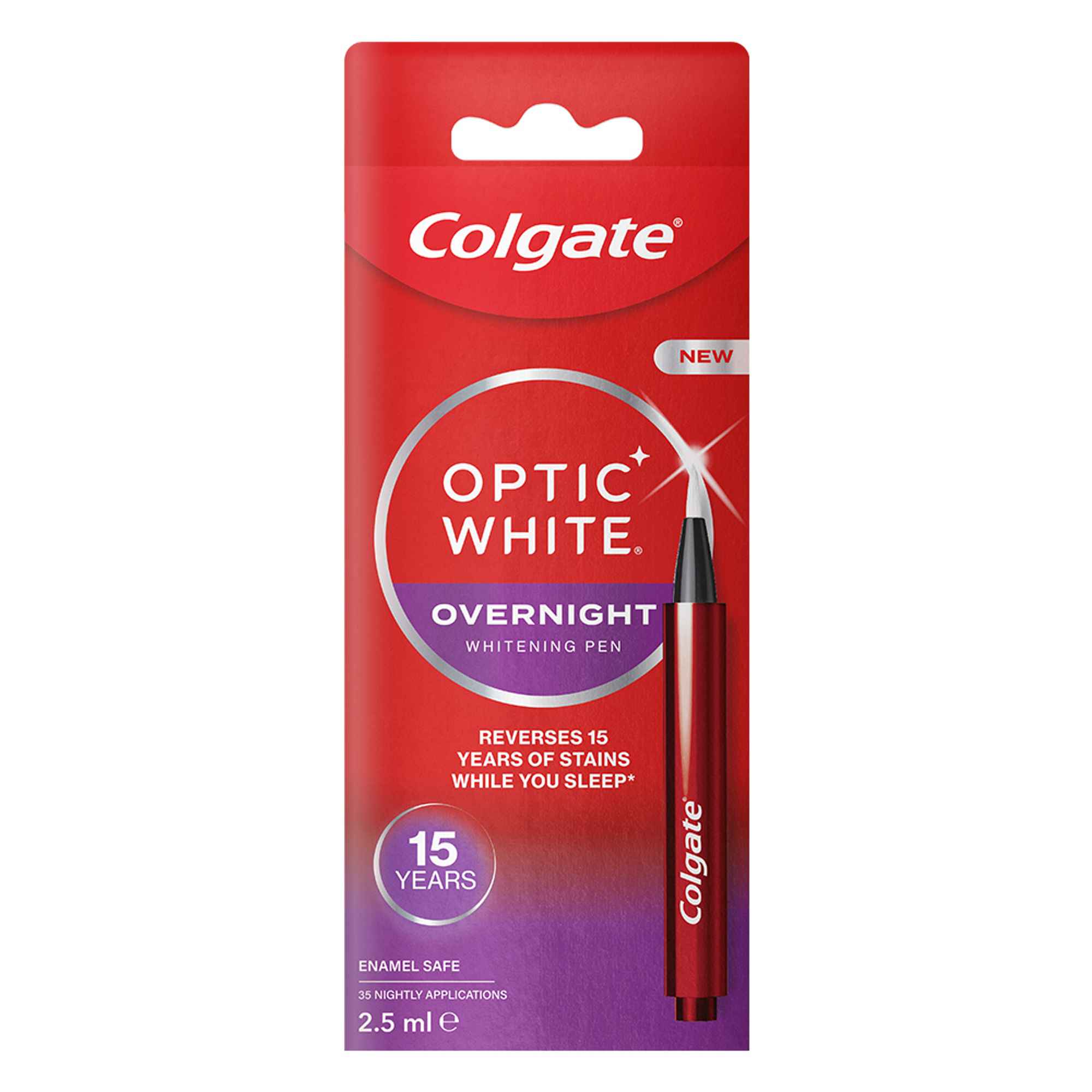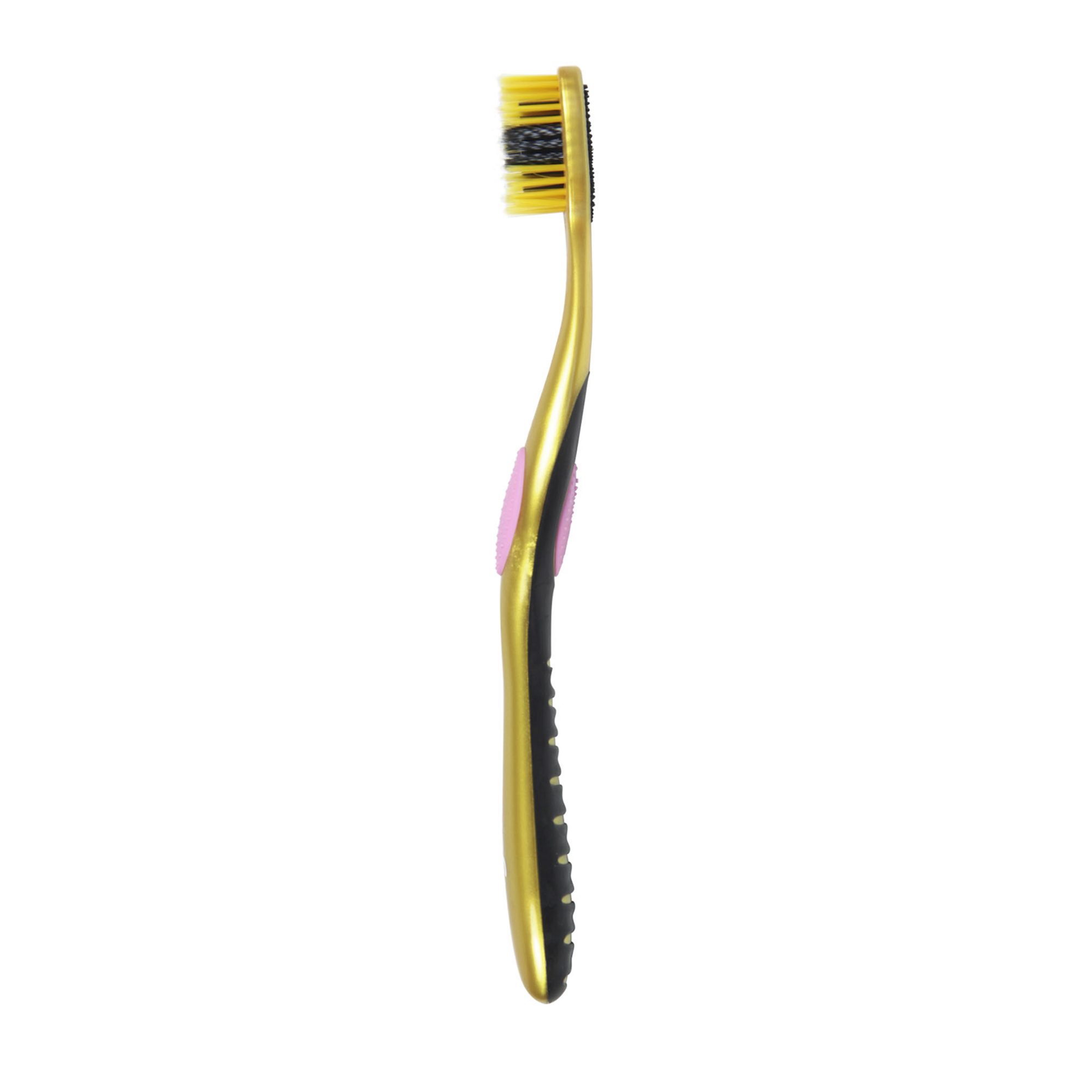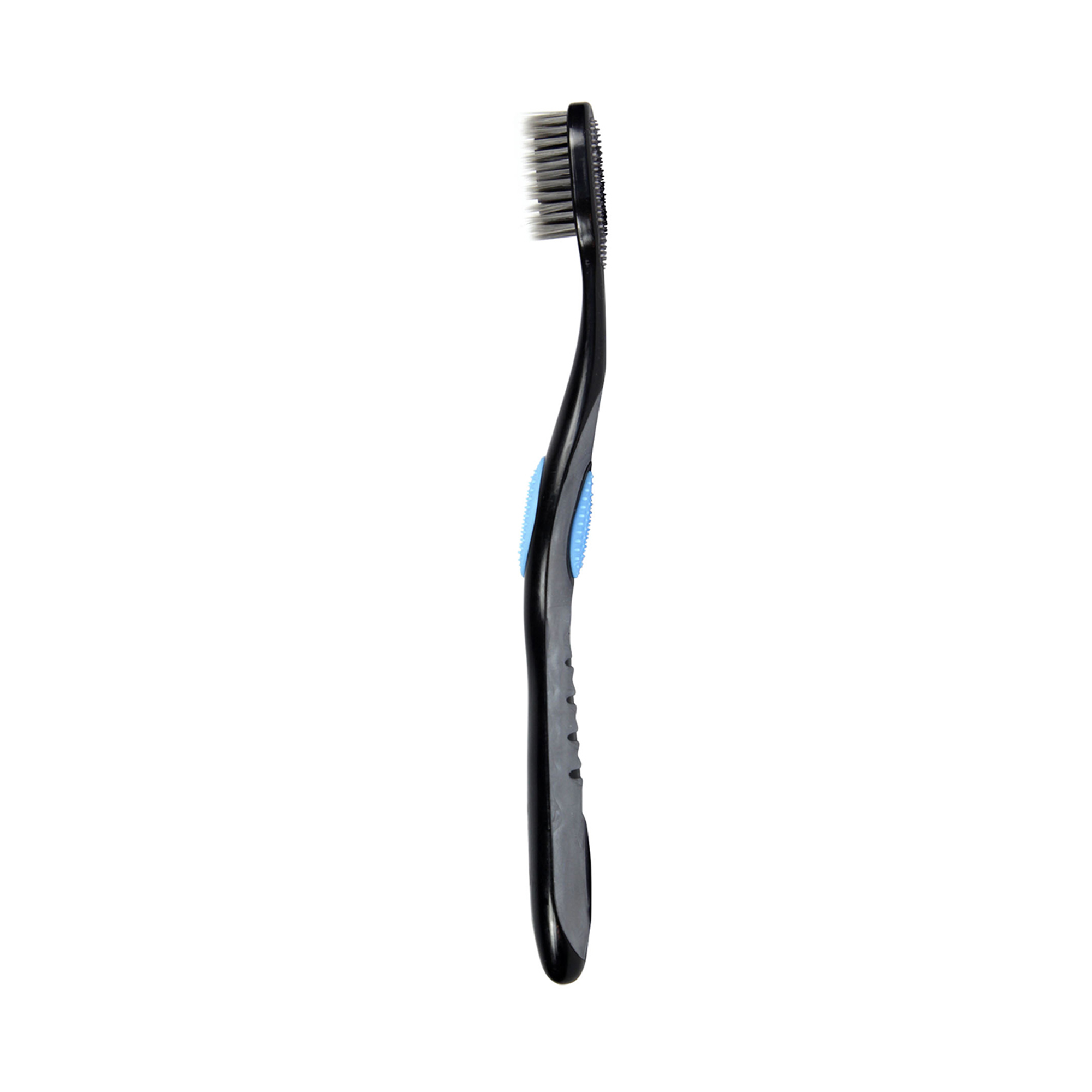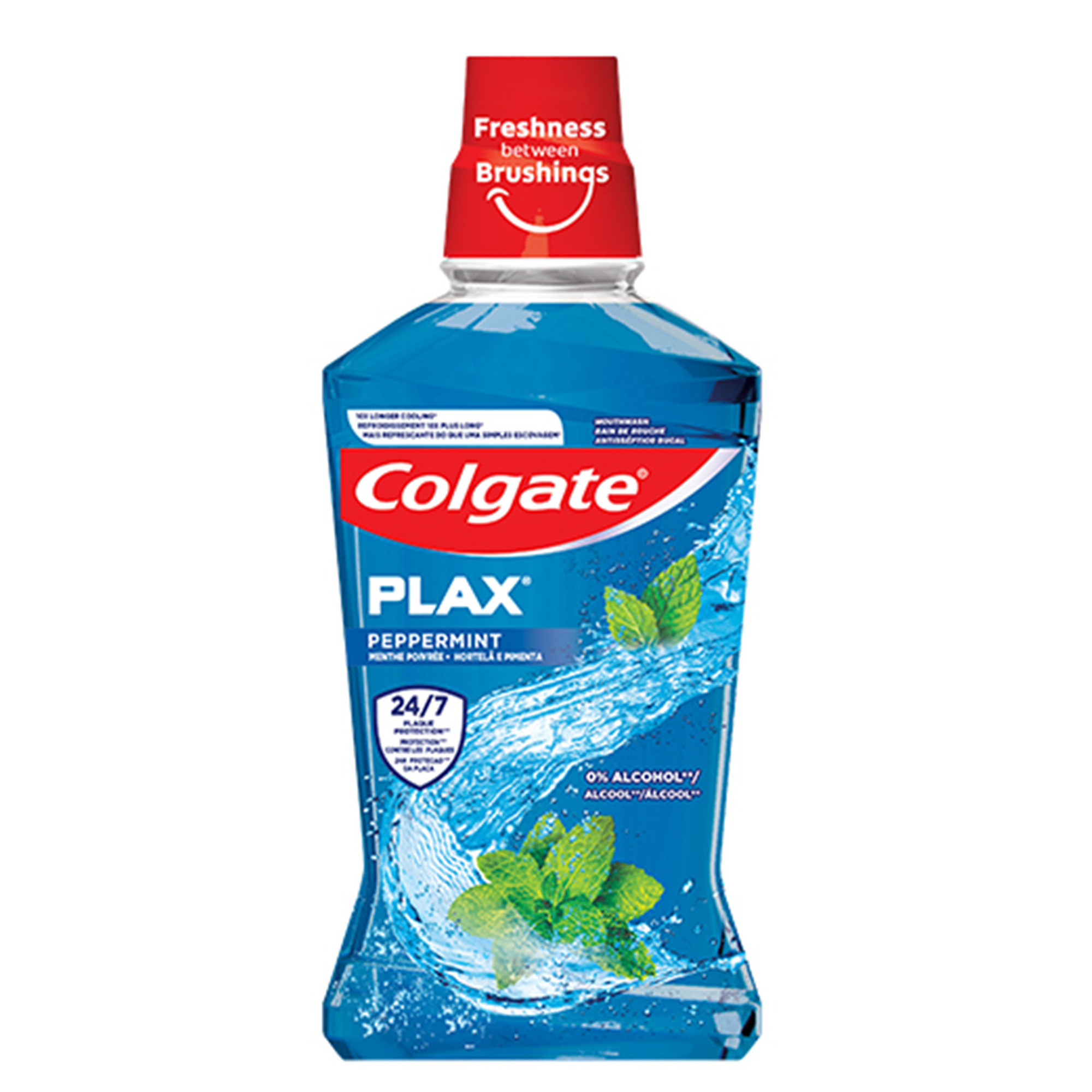-
-

NUTRITION AND ORAL HEALTH
What is Dental Public Health? A Look at How It Can HelpMany oral diseases can be prevented with routine care and regular dental checkups...

NUTRITION AND ORAL HEALTH
How to Limit the Effects of Sugar on TeethCookies, cakes, candy and sodas – everywhere you go, there are sugary treats to tempt...
-
Science & Innovation
- Colgate® | Toothpaste, Toothbrushes & Oral Care Resources
- Oral Health
- Charcoal Toothpaste: What Is It?
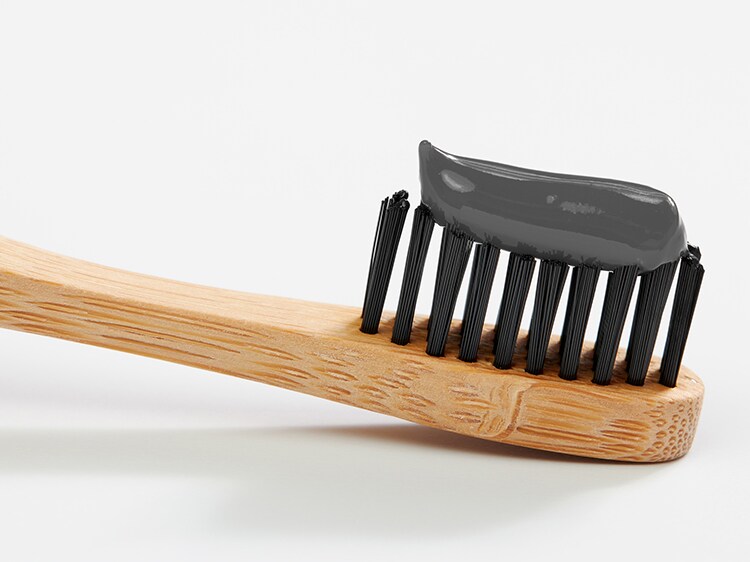

Nothing tastes better than a burger or some grilled veggies hot off a charcoal grill. But, you might be surprised to learn that charcoal has quite a few uses besides cooking, like in oral care! Dental researchers and toothbrushers worldwide are jumping on the bandwagon to see if charcoal toothpaste is all its talked up to be.
What Is Activated Charcoal?
Charcoal is made by slow-burning natural materials, such as wood, peat, or coconut shells. Activated charcoal is created for medical purposes by heating regular charcoal in the presence of a gas, causing it to become more porous. This is why, according to the U.S. National Library of Medicine, activated charcoal can effectively absorb and trap toxic chemicals, making it part of the standard treatment for accidental poisonings.
In addition, some claim activated charcoal can alleviate gas (flatulence), lower cholesterol levels, and prevent hangovers (although charcoal doesn't readily absorb alcohol). However, there is insufficient evidence for rates of effectiveness in these cases. But what about charcoal toothpaste? Does charcoal teeth whitening work?
What Does Charcoal Toothpaste Do?
Using charcoal as a teeth-cleaning method is nothing new. In fact, the ancient Romans brushed with everything from charcoal to tree bark. The black powder can even be found in a toothpaste recipe in a 19th century English homemaker's guide!
The last decade has seen a reemergence of charcoal-based kinds of toothpaste with claims of whitening, antibacterial, antiviral, antifungal, and breath freshening properties, according to an article published in the Journal of the American Dental Association (JADA). But does charcoal toothpaste work?
Should I Use Charcoal Toothpaste?
There may be many charcoal toothpaste benefits, but if you're prone to tooth decay, be aware that not all of these kinds of toothpaste will contain fluoride. Since most dentists want their patients to use fluoride in some form, your dentist may recommend a fluoride rinse that helps strengthen your enamel as an adjunct to your charcoal toothpaste.
When you think of putting black toothpaste on your toothbrush, don't worry about the taste: you aren't brushing with chunks from your barbecue grill. It may be black, but the charcoal incorporated into the paste is closer to baking soda's soft consistency. Many charcoal toothpastes also contain flavoring agents, just like any other whitening toothpaste.
So, is charcoal toothpaste a fad, or is it here to stay? Considering it's been in play since Roman times, it's unlikely to disappear from the shelves completely anytime soon. While research on its properties is still emerging, many people find that charcoal toothpaste is worth a try.
This article is intended to promote understanding of and knowledge about general oral health topics. It is not intended to be a substitute for professional advice, diagnosis or treatment. Always seek the advice of your dentist or other qualified healthcare provider with any questions you may have regarding a medical condition or treatment.
Related Products

Helping dental professionals
More professionals across the world trust Colgate. Find resources, products, and information to give your patients a healthier future

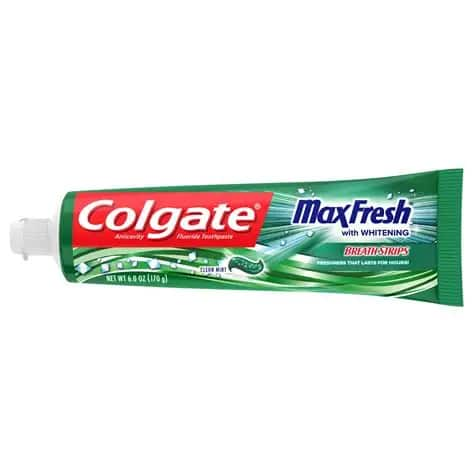
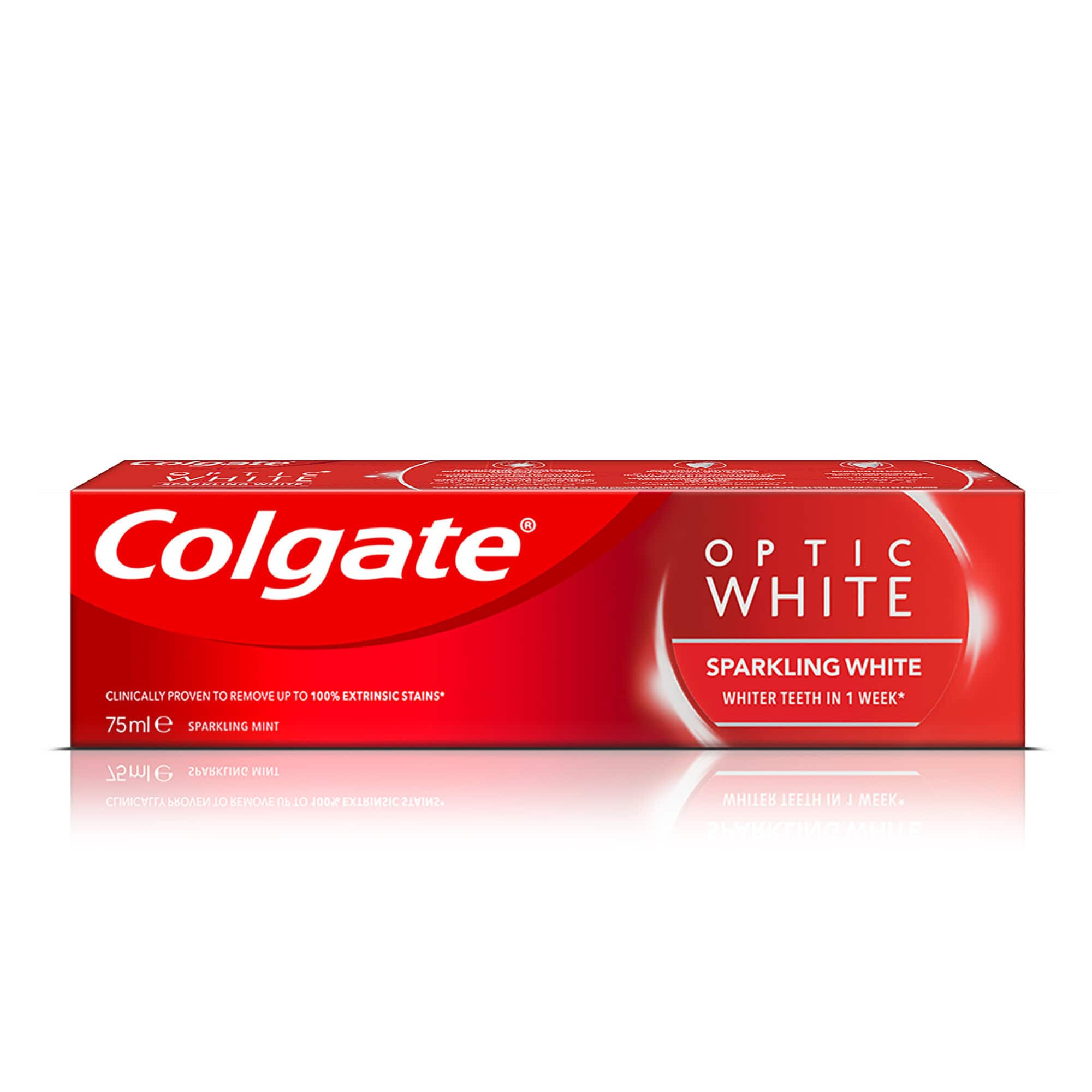
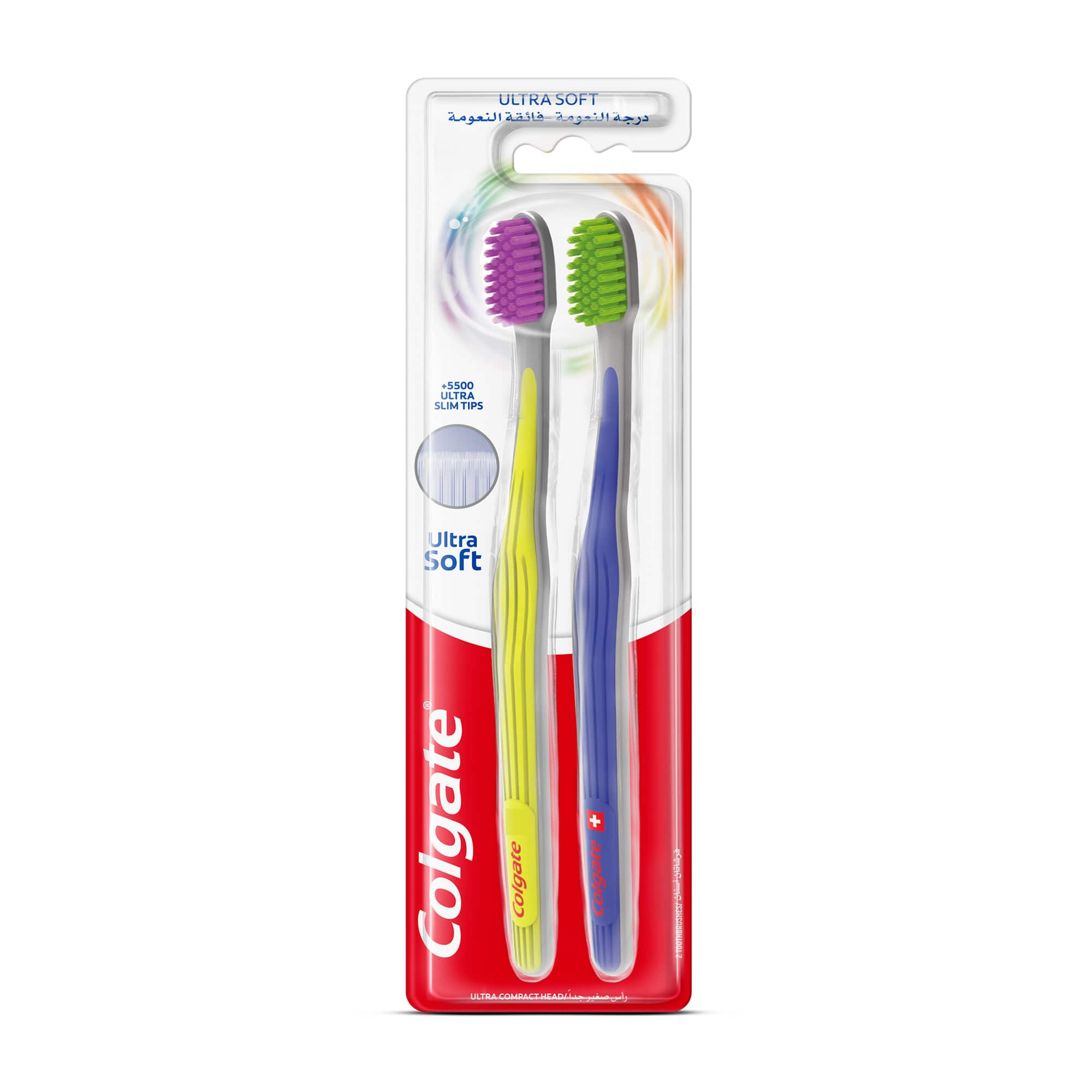
.jpg)


